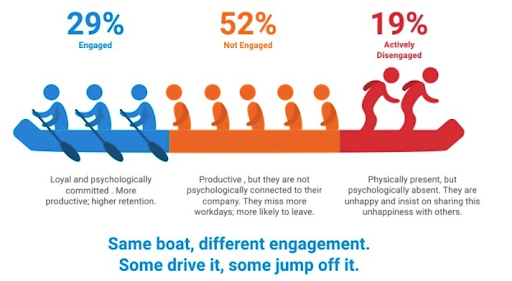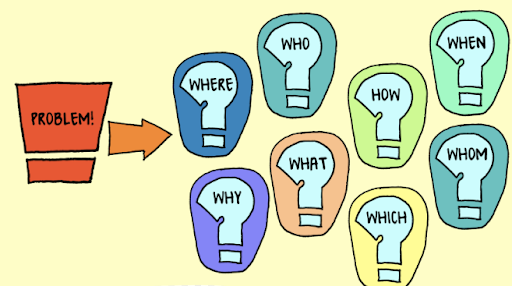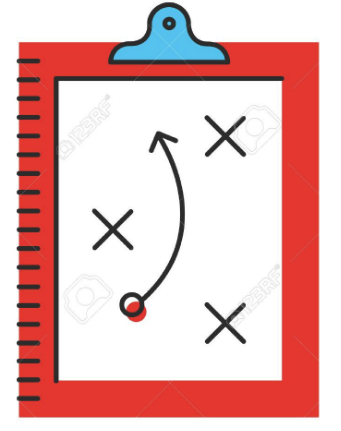Are we paddling in the same direction at the same speed (scope, budget and schedule) and not up S##t Creek? How do you build team engagement and what makes an effective team?

Team is a common term that is not practiced well. Some of us have had the good fortune to have been in high performing teams and the memories and relationships are still important to us. Our memories connect us to doing a good job, exceeding expectations, learning, celebrating and having a sense of meaning and belonging. Teams just don’t happen, are often less effective than a group of individuals and can be terribly inefficient.
Basics first, what are the attributes of a team:
- Complimentary skills
- Common purpose
- Shared performance goals
- Mutual accountability
What makes an effective team?
- Purpose
- Clear goals
- Complimentary perspectives and skills
- Process and timings are clear
- Reflective learning and celebration

Problem solving: trust and communication

Tactical: clarity/ directive style

Creative: Freedom/ autonomy
Questions to ask your team regularly:
- How did you feel?
- What did you learn?
- How were you affected?
- What inter-discipline issues should you consider?
A leaders willingness to discuss learnings and openness to constructive criticism will over time, develop team engagement. This social exchange develops trust and a reciprocation of benefits. In the eye of the beholder, perception of mutual obligation develops and how an individual interprets cues and signals from their leader. No cues and signals, no teamwork, failure to deliver on cues and signals is worse than having no cues and signals at all.
In summary, our personal reflections on actions for team-work and what makes an effective team (Bold=Bang for Buck):
- Equal recognition for contribution
- Goals should be measurable and defined for those responsible for achieving them
- Achievement, however big or small, should be recognized and celebrated
- Deal with issues face to face
- Commit fully to goals set
- Act emphatically all the time, but don’t carry passengers
- Reduce the documentation you need to justify delivery
- Simplify language
- Reduce the time it takes to get something approved
- Set expectations around quality, time and cost, then trust your team to find the best way to do the work.
- For long-term growth, focus on new ways of behaving, not new ways of working.
These are not new principles. Check out the biography on Napoleon Bonaparte and one of his quotes was:
‘morale is to physical as three is to one.’
Team engagement and alignment is one of the elements to improve overall performance & offers practical and effective solutions.
You might also be interested in our recent blog on performance based rewards.










